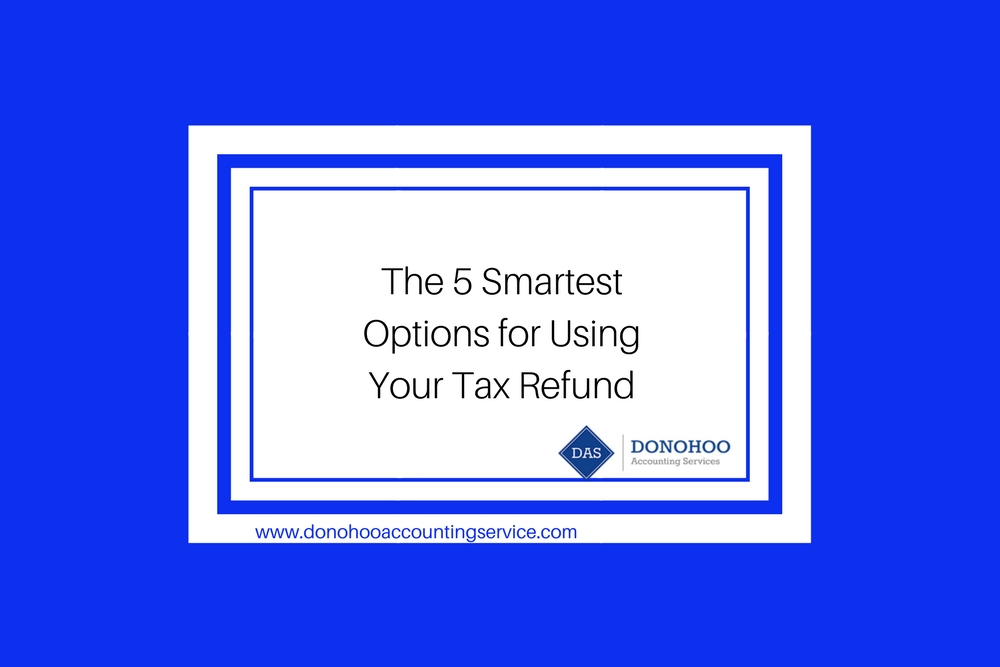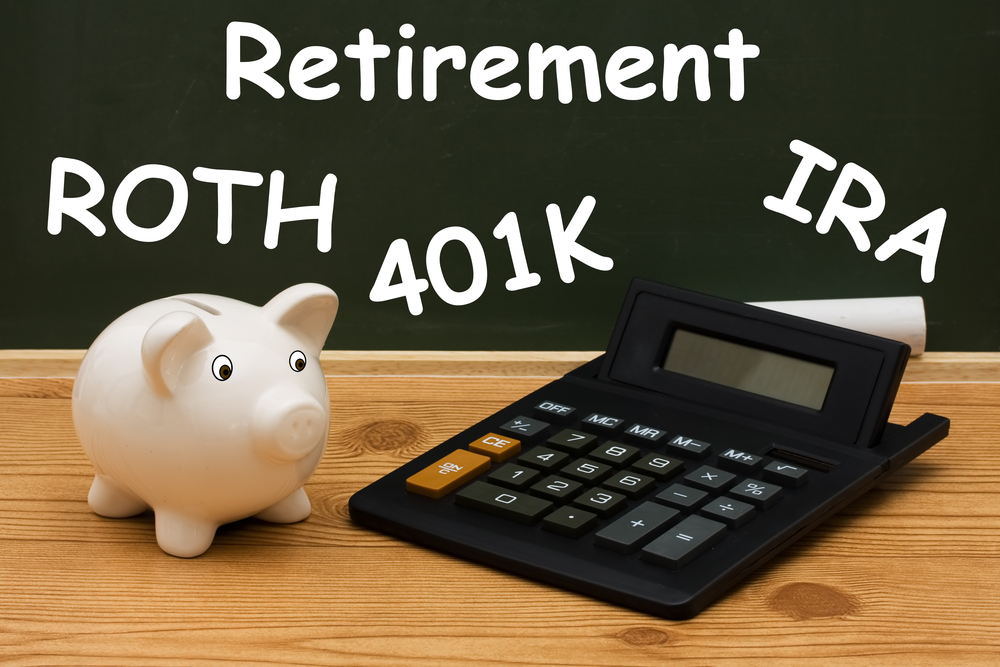The 5 Smartest Options for Using Your Tax Refund
Many people treat their tax refund like a bonus they weren’t expecting. Others act as if they randomly hit a small lottery jackpot. These attitudes result in people spending their refunds almost as quickly as they get them. Although it may not seem like that big of a deal, a tax refund of any size can be a great opportunity to make real progress with different financial goals.
If you want to use your tax refund in a way that will continue benefiting you instead of quickly fading away, here are the five best options:
- Knock Out High-Interest Debt
Debt like credit cards, payday loans or other high interest loans makes it nearly impossible to get ahead financially. Using your refund to reduce or eliminate these types of debts can take a major strain off your finances. If you’re free of those forms of debt, you can also look at putting some of your refund towards paying down student, car or home improvement loans, as well as a second mortgage if you have one.
- Start or Build Up an Emergency Fund
Although personal finance experts may differ on some topics, one issue that’s pretty universal is the importance of having an emergency fund. This fund can keep you on track even if something comes up out of the blue. One thing to keep in mind is you want your emergency funds to be accessible, so don’t worry if the interest you earn on this specific amount is minimal.
- Pay Down Your Mortgage
When you look at average families across the US, what they pay in mortgage interest is often their second biggest lifelong expense. It’s not uncommon for interest to add up to 3/4 of the principal amount of a mortgage. Given that huge expense, paying down your mortgage sooner is very smart. Using a lump sum like your tax refund will definitely make a big difference over the long-term.
- Get a Jump on Reducing the Taxes You’ll Owe
Give yourself a pat on the back if you’ve taken care of the first three options prior to receiving your refund. Since you’re in a position to be a little more strategic, really good options include taking steps like increasing IRA or 401k contributions to minimize your tax burden next year.
- Improve the Value of Your Home
Just like what we discussed above, being financially healthy provides a lot of freedom in regards to making good use of your tax refund. A great area to consider is using what you get to make improvements that will add value to your home.
If you want professional help doing your taxes this year, call us today at 513-528-3982








